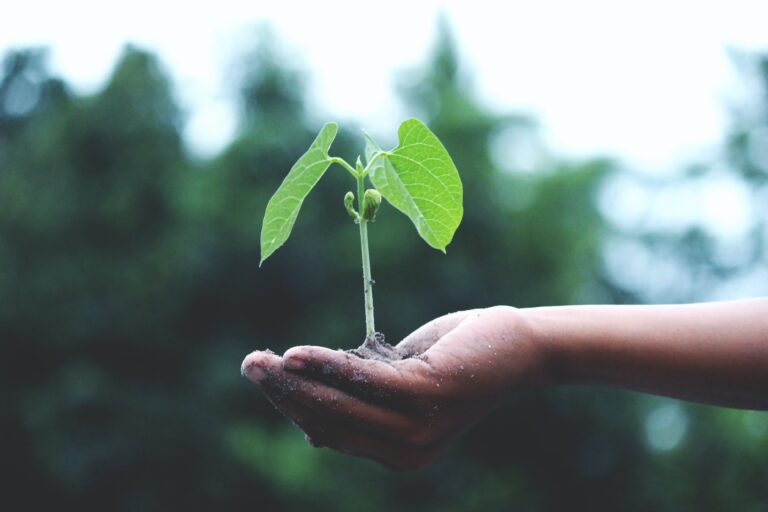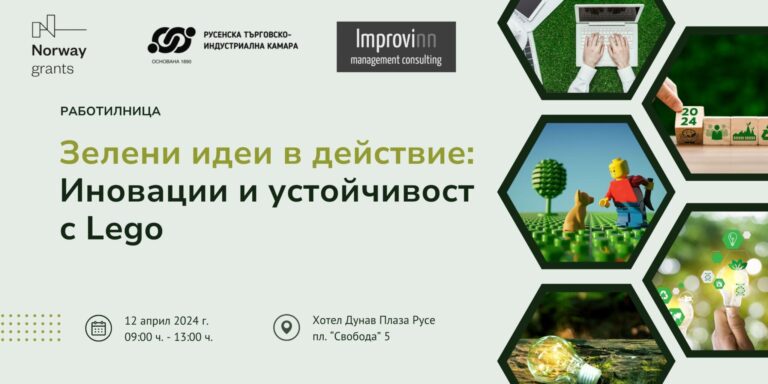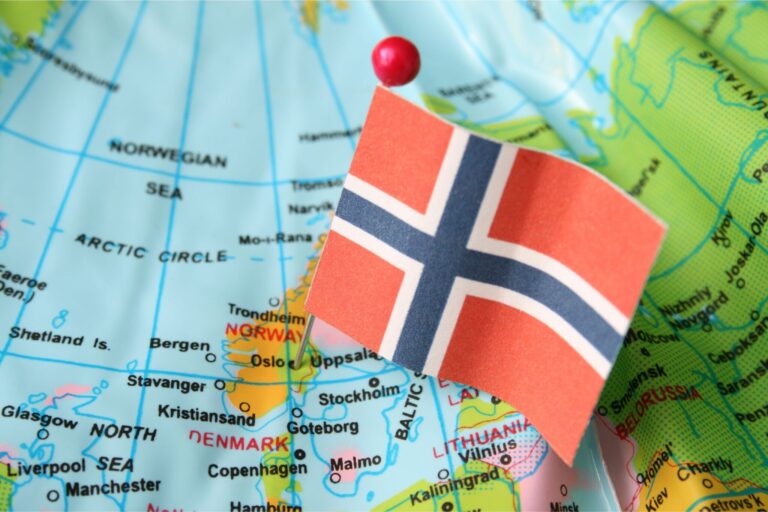Norway’s commitment to a circular economy plays a vital role in its sustainable future. By prioritizing waste reduction, recycling, and the reuse of materials, Norway has created a system where resources are continuously cycled back into the economy. This approach reduces environmental impact and enhances resource efficiency, fostering long-term sustainability.
Key initiatives include advanced recycling facilities, robust waste management policies, and strong public engagement. Norway’s success demonstrates the benefits of integrating circular economy principles into national strategies, resulting in high recycling rates and minimized waste.
Bulgaria stands to gain significantly by adopting similar circular economy practices. Investing in modern recycling infrastructure, implementing effective waste management policies, and fostering public awareness can help Bulgaria reduce waste and improve resource efficiency. Learning from Norway’s model, Bulgaria can develop a circular economy framework that supports sustainable development and economic resilience.
By embracing these practices, Bulgaria can minimize environmental impact and create a more sustainable and efficient economy. Norway’s achievements provide a valuable blueprint for Bulgaria, highlighting the importance of circular economy principles in achieving sustainability goals.





